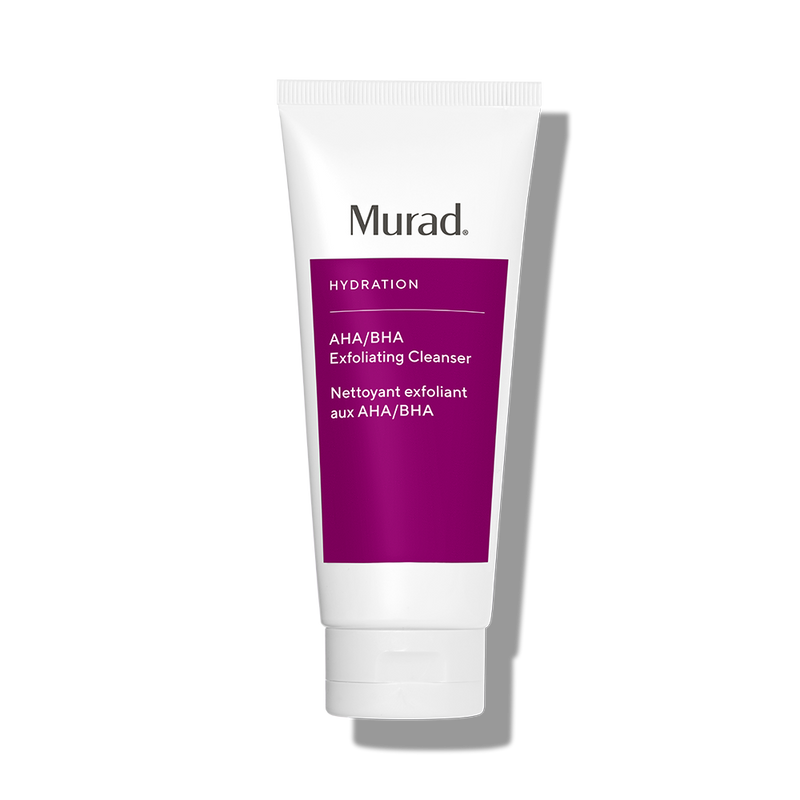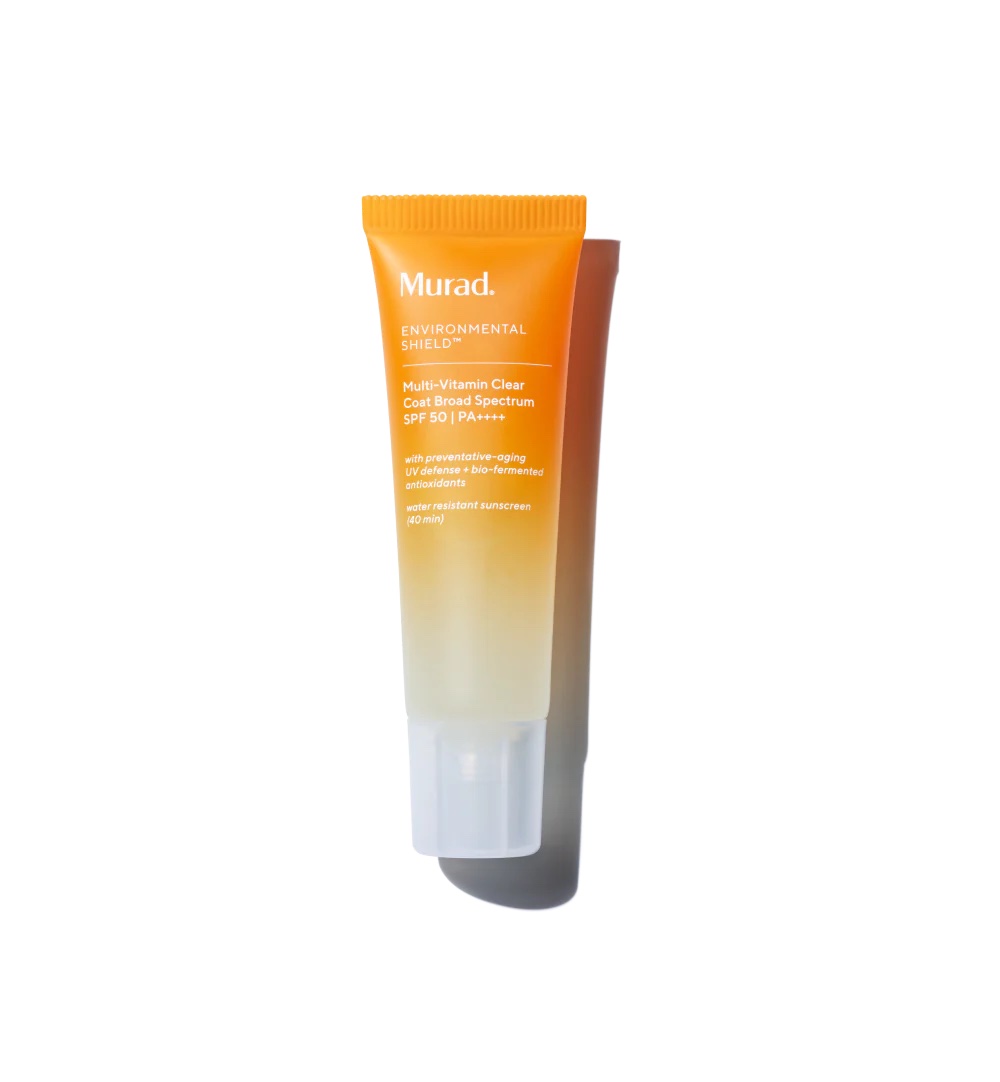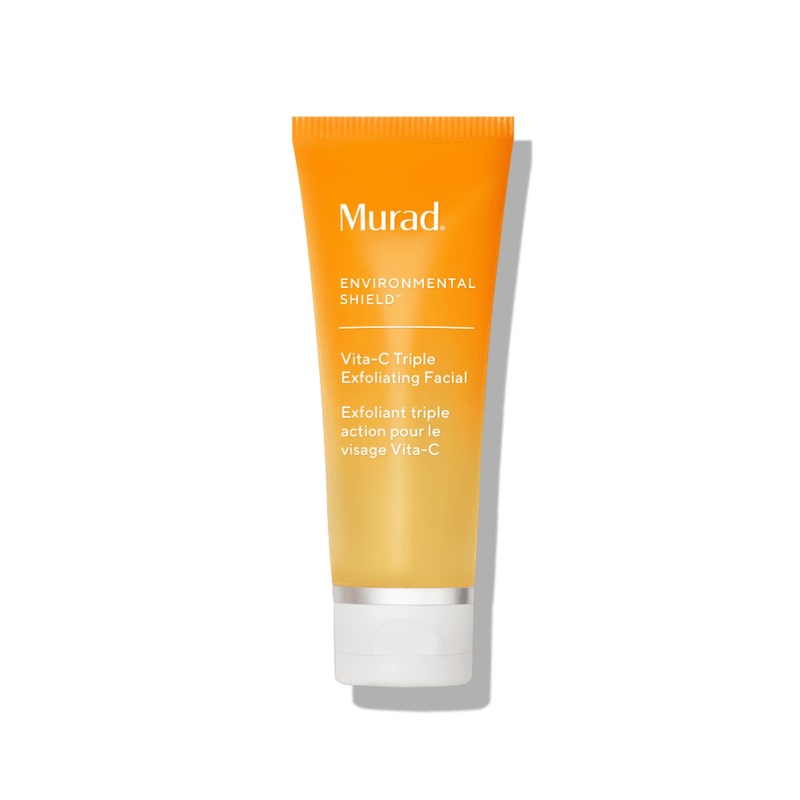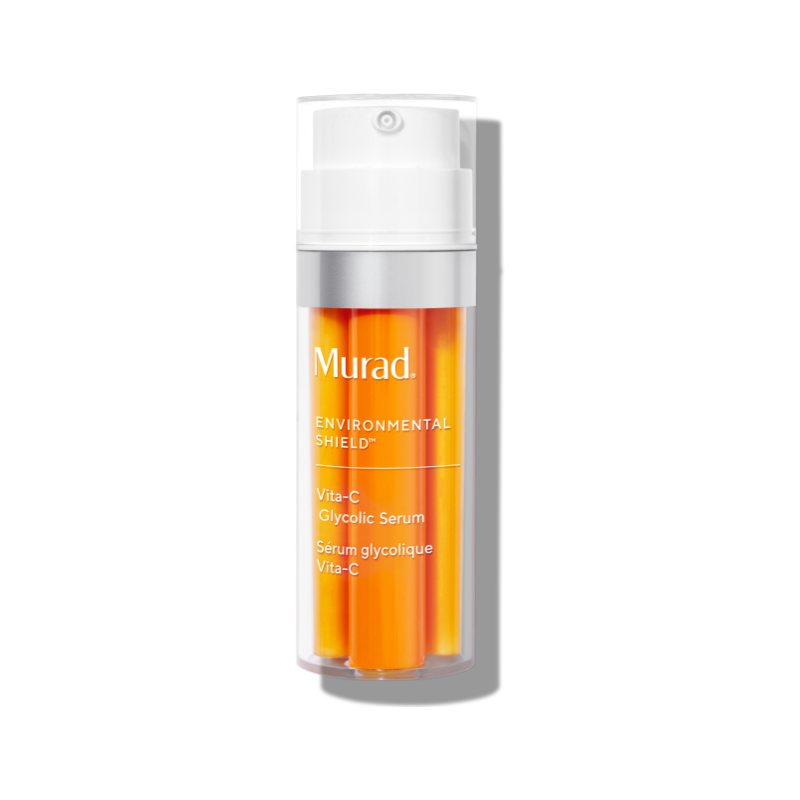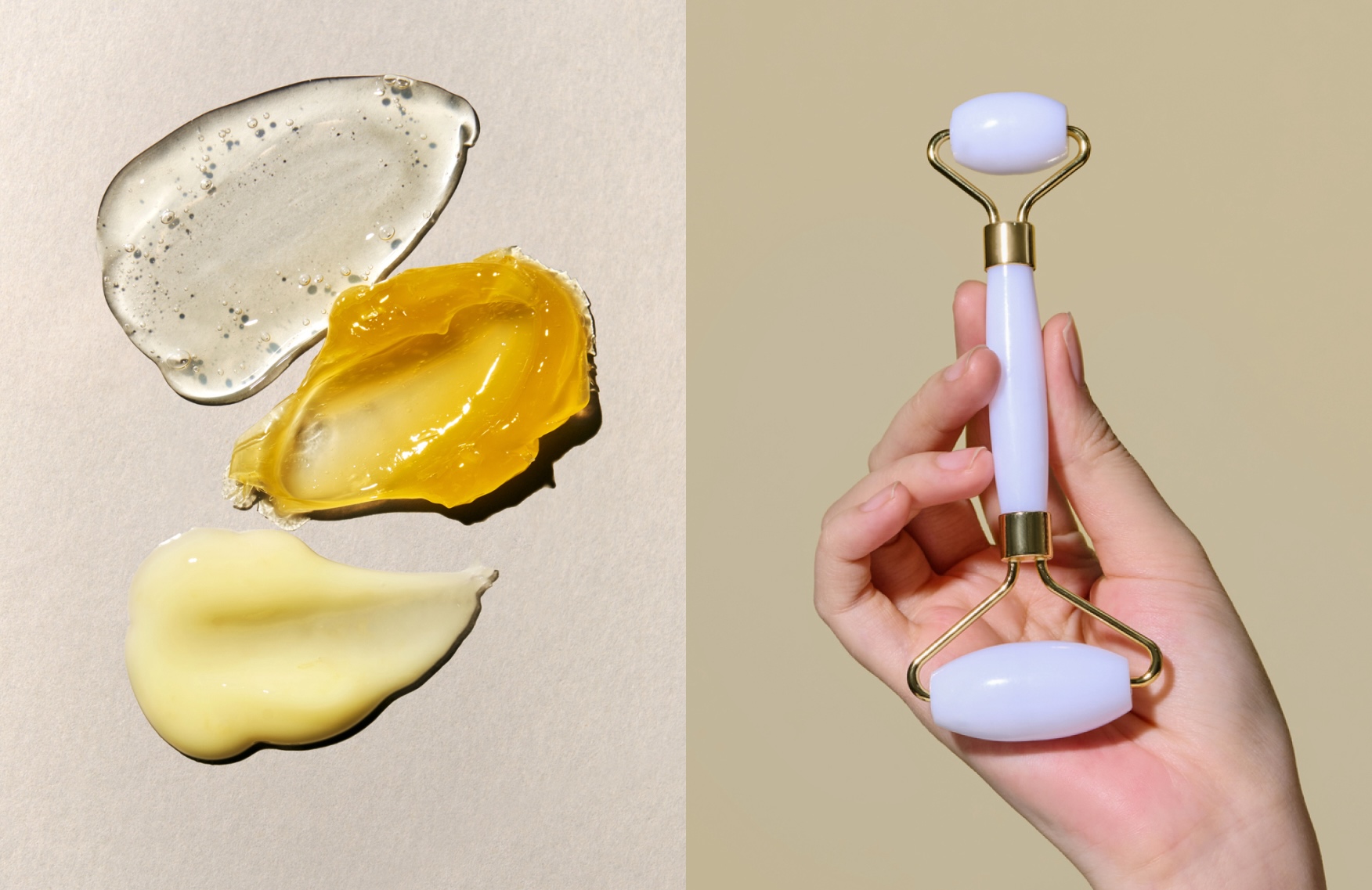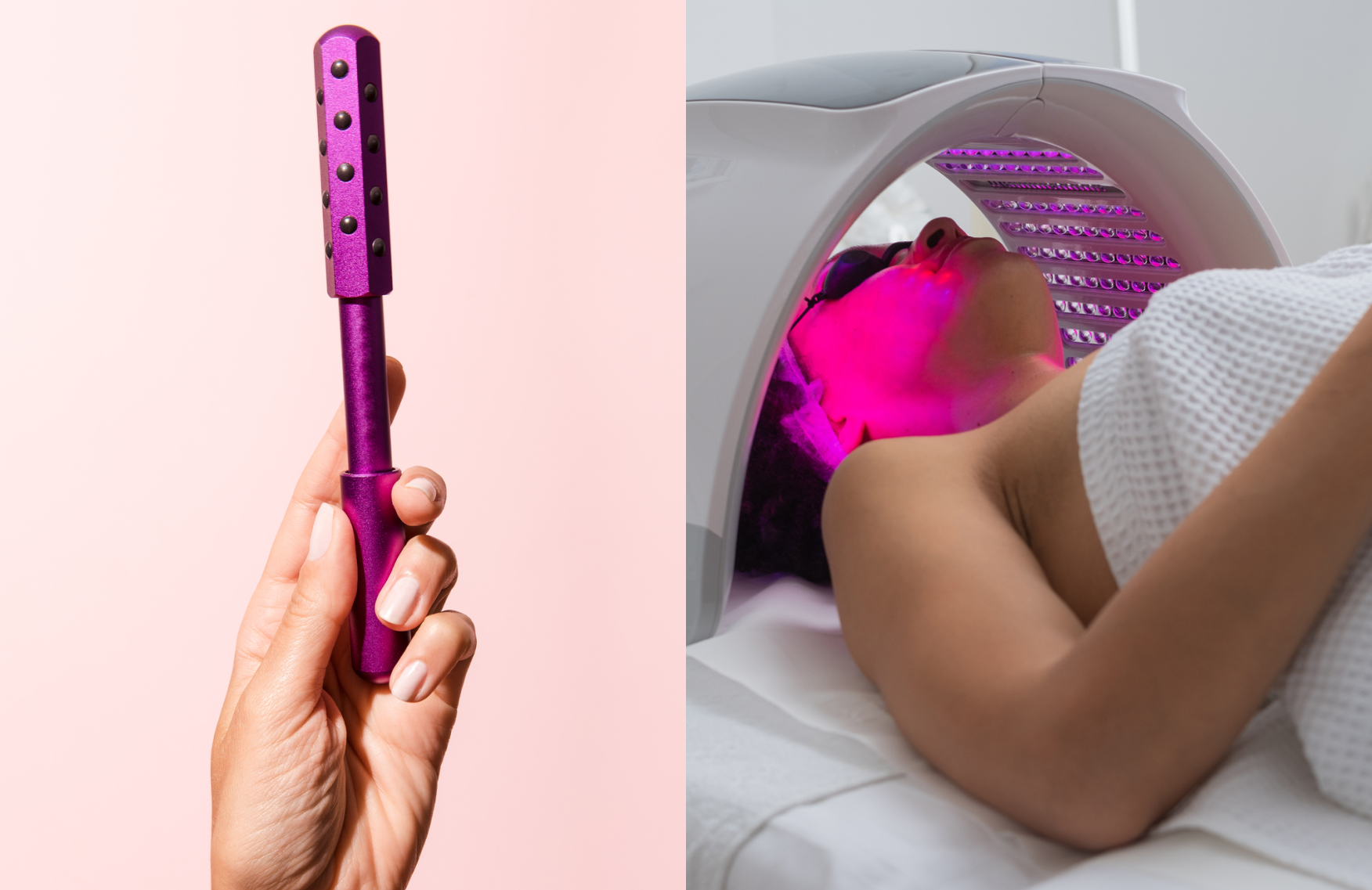The latest skincare debate: Should you exfoliate or cleanse first?
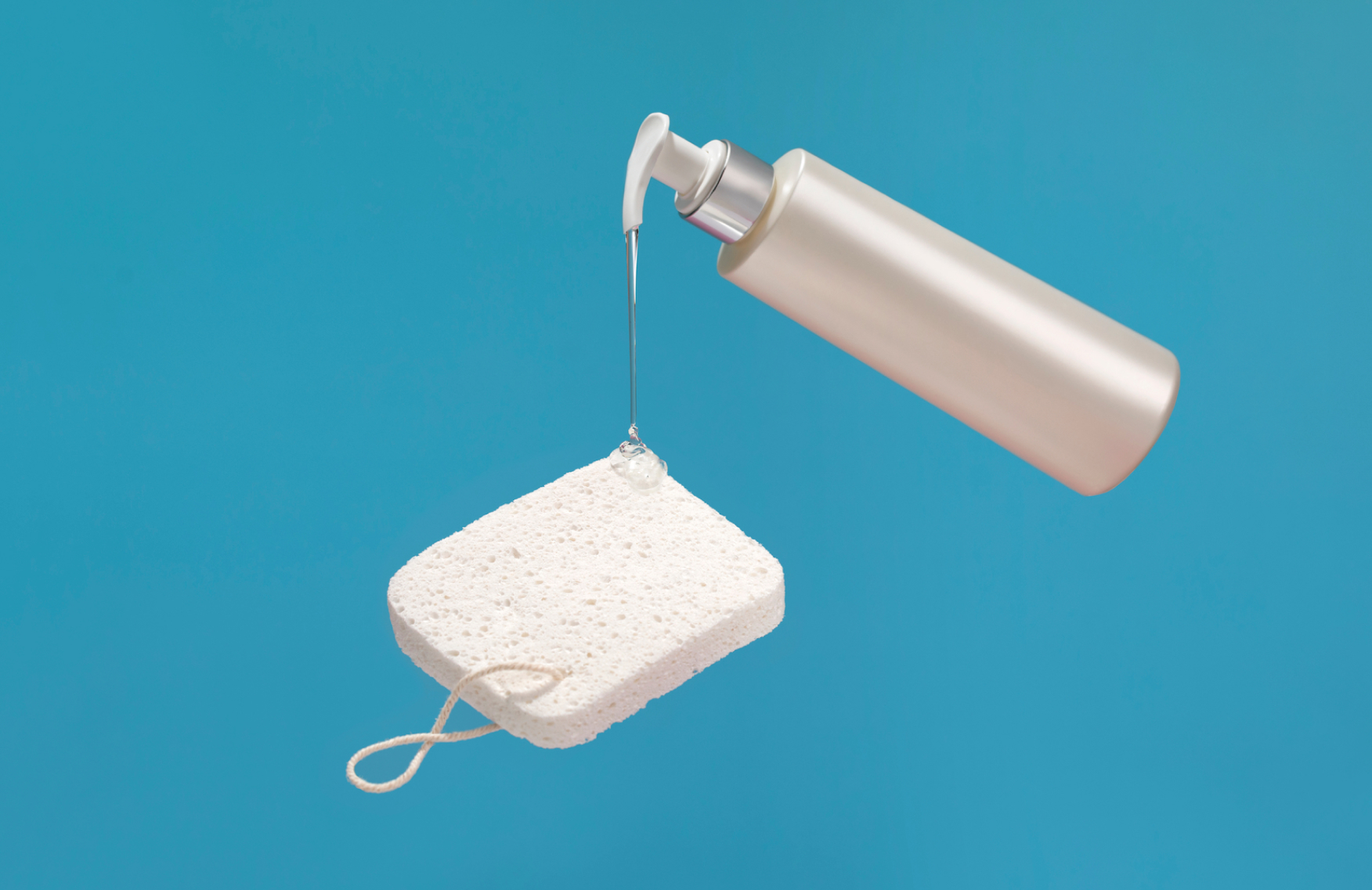
Exfoliate or cleanse first: the right skincare sequence
Cleansing and exfoliating are widely deemed non-negotiables in smart and effective skincare routines. They work brilliantly in concert with each other to promote a healthy, radiant complexion.
But just as you know that layering your products in a specific order can minimize or maximize their effects (read: serums or moisturizers: what do I apply first?), the sequence in which you cleanse and exfoliate is imperative. However, with the myriad of skincare products on the market and various information sources online, we are here to answer an important question: do you exfoliate or cleanse first?
Here’s why it matters—and the benefits both have the potential to deliver.
What is the difference between exfoliating and cleansing?
Exfoliating and cleansing may seem synonymous (especially when you come across products that claim to be an exfoliating cleanser) but they’re distinct techniques with their own set of advantages.
Cleansing: Its role in skincare
Types of cleansers
Not only does cleansing twice a day remove buildup and help you stave off blemishes and acne, but it also primes your skin to soak up your skincare products and facilitates skin rejuvenation. By using a face wash regularly, you effectively purge the skin of these impurities and dead cells, reducing the risk of unwanted breakouts. Whether you need to treat sensitive and dry skin or acne prone and oily skin, there’s a vast collection of cleansers to find the face wash that best suits your everyday needs.
Furthermore, cleansing as part of your routine does not need to be limited to one facial cleanser. Research suggests that double cleansing may be a great alternative for those of all skin types, especially those with oily, acne-prone skin.
Exfoliation: When and how
Benefits of exfoliating
Exfoliating works toward sloughing off dead skin cells from the outermost layer of the skin’s surface to expose the fresher, more vibrant skin underneath and improve the overall skin texture. Typically performed one to three times per week, it’s accomplished through one of the following tools:
- Physical exfoliators: Physical or mechanical exfoliators are an umbrella term that refers to tools that aid in the cleansing process and smoother skin—chiefly, exfoliating gloves, brushes and face scrubs
- Chemical exfoliators: Chemical exfoliants, on the other hand, require nothing more than being applied, and rely on the hydroxy acids that function as natural exfoliators, such as alpha hydroxy acid (AHA) and beta hydroxy acid (BHA). These also prompt skin cell turnover and may enhance elasticity and a glowier skin tone
Using exfoliating products can be a boon for the state of your skin: Dead skin cells, which accumulate faster as we age, may exacerbate skin conditions such as fine lines, wrinkles, age spots and acne. Exfoliating can help counter this while prepping skin for better product absorption
The ideal skincare sequence
The question remains: Should you exfoliate or cleanse first?
Cleansing your face before exfoliating is key for your skincare routine: Sweeping away surface debris allows exfoliators—chemical and physical—easier access to the dead skin cells they have the power to cast off. Cleansing prior to exfoliating is also a no-brainer if you intend to use a chemical exfoliant that’s meant to linger on the skin (rather than be washed off), such as products containing:
- Willow bark extract
- Glycolic acid
- Lactic acid
- Malic acid
- Azelaic acid
Expert recommendations
Exfoliating before cleansing as the foundation of your skincare routine may prove to be more harmful than beneficial in the long term. While cleansing and exfoliating are used interchangeably, bear in mind that exfoliating doesn’t necessarily operate as a cleanser. Rather, it tackles the accretion of dead skin cells.
Exfoliate first and you may be prone to experiencing what cleansing aims to combat—the accumulation of oil, dirt and makeup that can clog pores and result in blemishes or a breakout—while also undermining exfoliating’s purpose.
Ideally, on the days that you exfoliate, you should cleanse first to unclog pores, then exfoliate to remove dead cells, and follow it with a rich, healing moisturizer (and sunscreen if you elect to exfoliate in the morning). The only exception to this order is if your cleanser contains a chemical exfoliator, in which case you can skip overlapping products and head straight to your moisturizer.
That said, you may also want to seek out nourishing ingredients that target specific issues:
- Acne-prone skin should consider a product with green tea extract and salicylic acid, which help calm irritated skin and may prevent acne, respectively. Those with acne-prone skin can also look into simple at-home practices to get rid of a breakout fast. Those with acne-prone skin should consider a chemical exfoliant because, on occasion, particles in physical exfoliants can break or burst pimples and lead to scarring
- Dry, sensitive skin may benefit from the inclusion of hydrating ingredients that help seal in moisture, such as ceramides and hyaluronic acid
- Combination skin may have to experiment. Search for a cleanser that also contains hyaluronic acid and salicylic acid, as well as an emollient like coconut oil or shea butter
- Parched, sensitive skin may be too delicate to withstand physical exfoliation (which could lead to small tears and irritation) but find much to praise about an AHA
- Oily skin may love mechanical exfoliation but if you have pimples in addition to oily skin, consider a chemical exfoliant
And no matter what type of skin you have, remember: Cleansing before exfoliating may lead to more luminous and lasting results.
The views expressed in this article do not necessarily represent the views of Murad, and are for informational purposes only, even if the advice of physicians and medical practitioners are included. This article is not a substitute for professional medical advice, diagnosis or treatment, and should not be considered specific medical advice.
References for this information:
Healthline website, How to exfoliate
Derm Net website, Alpha hydroxy acids
Healthline website, Alpha hydroxy acids
Medical News Today website, Cleanse or exfoliate first?
Medical News Today website, Alpha hydroxy acids
Healthline website, Skin care
Healthline website, Salicylic acid
Healthline website, Green tea for skin
Healthline website, Dry skin
Healthline website, Combination skin
Healthline website, Exfoliation
